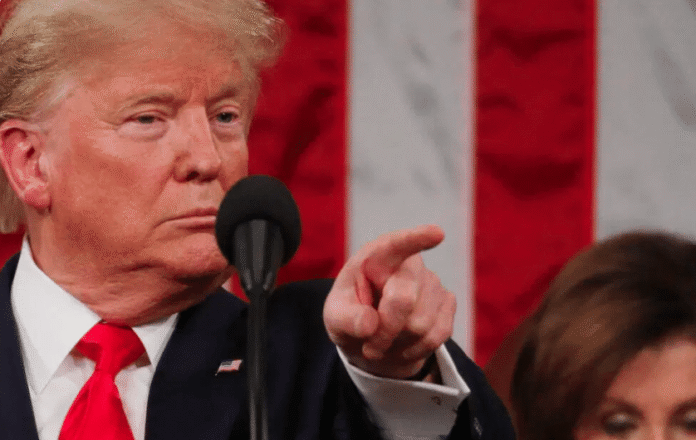A bold initiative by U.S. President Donald Trump to drastically cut domestic drug prices could have serious ripple effects for developing nations like Nigeria, where access to affordable medicines is already under severe strain.
In a statement released via his Truth Social platform on Sunday, Trump announced plans to sign an executive order that would reduce prescription drug prices in the U.S. by 30 to 80 percent. The policy, framed as a “Most Favored Nation” approach, would mandate that the U.S. pay no more than the lowest price paid for a drug globally — a shift Trump described as a historic correction to long-standing pharmaceutical pricing inequities.
However, while the move is aimed at easing the financial burden on American consumers, healthcare analysts warn it may trigger unintended global consequences. Pharmaceutical companies, facing lower revenue in the U.S., could seek to recoup losses by increasing prices in less regulated markets — including Nigeria.
Nigeria’s Vulnerability: A System Under Pressure
Nigeria imports more than 70% of its medicines, with domestic production meeting only about 25% of demand. Of the country’s estimated $10 billion healthcare expenditure, roughly $4 billion goes toward drugs alone. Combined with the fact that over 60% of healthcare costs in Nigeria are paid out-of-pocket by individuals, even modest price increases could have a devastating impact on millions.
“If pharmaceutical companies pass on the cost burden to low- and middle-income countries, Nigerians could face significant hikes in drug prices, particularly for life-saving medications,” warned one healthcare policy expert.
Specialty drugs for conditions like HIV/AIDS, diabetes, hypertension, and cancer — often already expensive — could become even less accessible. Nigeria’s reliance on donor-funded programs such as PEPFAR for HIV/AIDS treatment compounds the risk. While Trump’s executive order does not explicitly touch on international aid, his administration has previously signaled a willingness to reduce foreign assistance — a move that could further weaken Nigeria’s medical safety net.
A Global Rebalancing with Local Consequences
Experts stress that this policy shift could mark a turning point in global pharmaceutical economics, forcing developing countries to absorb higher costs in a bid to subsidize lower prices in wealthier nations. With Nigeria already grappling with inflation, currency volatility, and a fragile healthcare infrastructure, the country could be among the hardest hit.
As the U.S. focuses inward to make healthcare more affordable for its citizens, countries like Nigeria may need to act swiftly — possibly by boosting local pharmaceutical production, expanding health insurance coverage, or negotiating multilateral procurement deals — to shield their populations from the potential fallout.

